Elementary Program
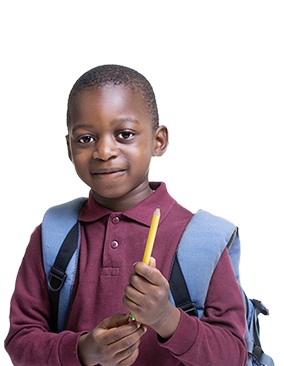


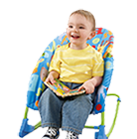
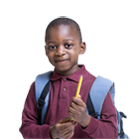

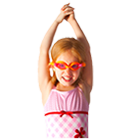
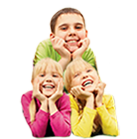

The nature of the child is the primary consideration in the design of the Montessori Elementary School environment. The child recapitulates the development of humanity in their own growth. Prior to the age of six, children want to name everything they possibly can. They want to know what and where, primarily interested in facts. After the age of six, children want to know why, how and when. They're now interested in reasons and explanations. The primarily tools of the child of this age are their imagination and their ability to think abstractly. The child also becomes more interested in social interactions with their peers.
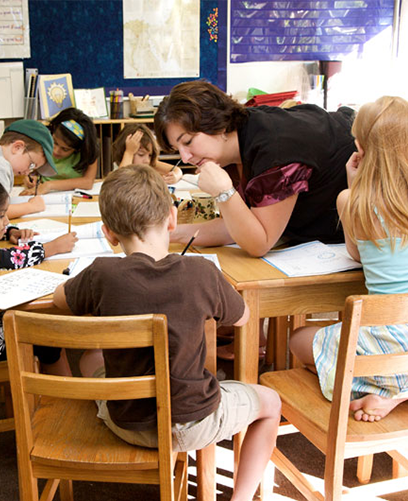
The general curriculum in the Montessori Elementary School program encourages intellectual growth in a pressure free environment. Many levels of ability and variations in pace are accommodated because of the individual use of materials. A child who requires more time or repetition to internalize a particular skill or concept may work for many days or weeks with a particular piece of equipment.
Advanced children in the same room can move from one piece of material to another very quickly, thus avoiding the boredom of waiting for other members of the class to catch up, and continuously be challenged. Key presentations (or lessons) show the possible uses of the material. The adult giving the presentation uses what is appropriate developmentally for the individual child or children involved. Suggestions for extensions of the exercises and related activities are given, but not elaborated on because the ensuing activities are a result of the response and interest of the children. The Montessori curriculum gives a basic framework that is open-ended and has proven to be a successful model for elementary school students.
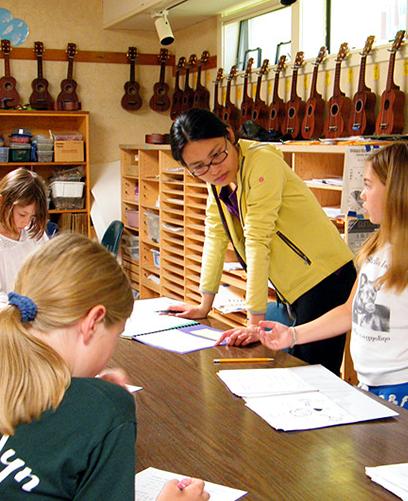
Written language is clarified by illustrating the function of the parts of speech. Logical analysis of phrases, clauses and sentences lead the child to a recognition of style in the works of literature. Children perfect their reading abilities through exercises in interpretive reading. The development of language is not limited to a single academic area. In the Montessori Elementary School program, all subject matter is interrelated and organized around the child's vital interests.
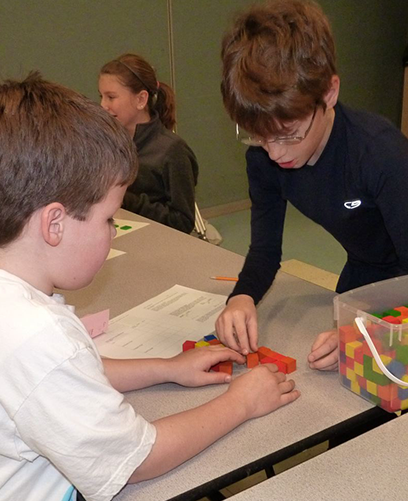
Concrete montessori elementary mathematical materials permit the child to obtain a clear understanding of abstract mathematical concepts. From a clear conceptual understanding, the child proceeds rationally to the particular processes of calculation, which becomes intensely interesting when the child can understand their full significance.
The customary series of routine operations are transformed into an understanding of the structure of the decimal system to the calculation of whole and decimal numbers, the concepts of divisibility of fractions, ratio, proportion, square and cube roots, and more. The program is flexible and is adjusted with respect to the changing interests and capacities of the individual child's growing mind. The child is presented with the large view of mathematics, plane geometry and algebra enabling the child to appreciate mathematics as a pure science.
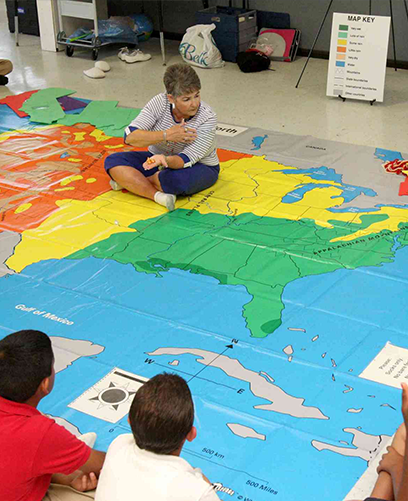
History follows the development of the solar system, life on earth, the development of man, early civilizations and recorded history. The child sees the long labor of man to accomplish all that is here for present day mankind to enjoy. The study of geography is designed to show how the physical configurations of the earth contribute to the history of mankind.
The study of physical geography is the basis for the study of economic geography, which shows the interdependence of all mankind.
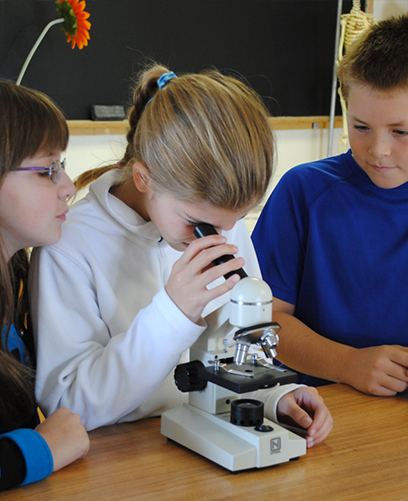
In our Montessori Elementary Science program, the first science experiments are designed to give the child the basic knowledge which will make possible the understanding of the development of the solar system, the earth and its configurations, life on earth and the needs of plants and animals. The result we hope for is that the child sees that each individual life on Earth as serving the good of the whole.
The unfolding of life benefits learning, and children learn they have a place in the world and a responsibility to help further it. Biology is structured in such a way as to give the child a means of classification so that they can structure and relate to the facts of biology. The study reveals to the child that classification follows evolution. The ultimate goal is an ecological view of the life and a feeling of responsibility for the environment.